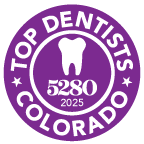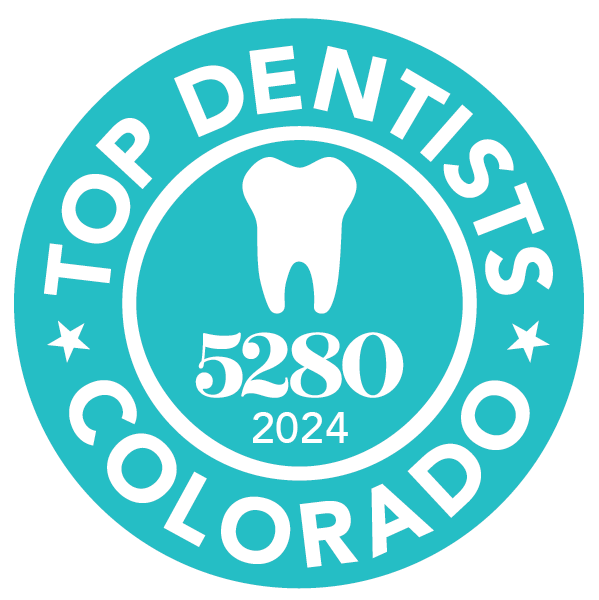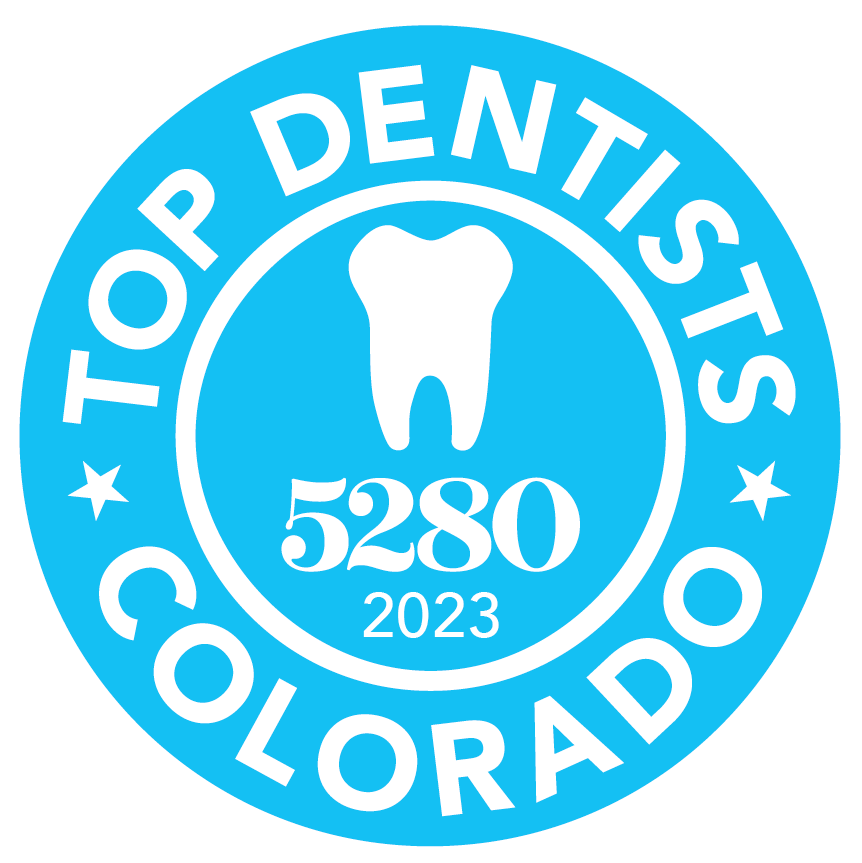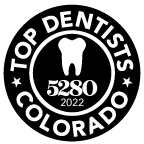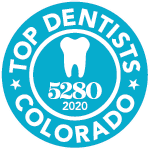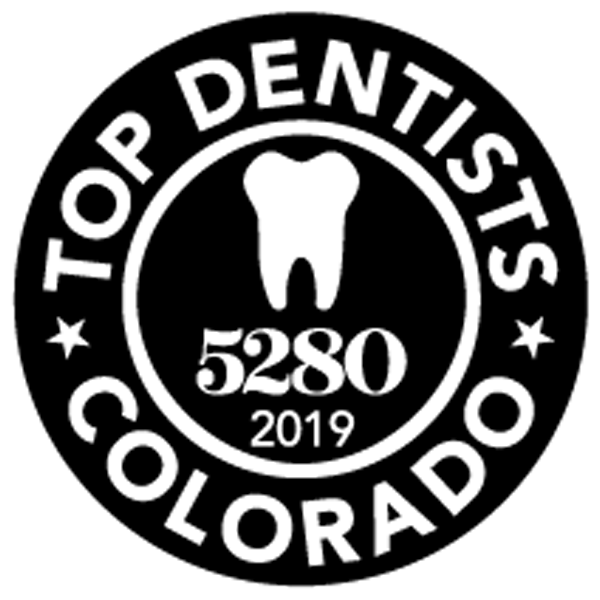Nearly half of American adults (aged 30 and older) have some type of gum disease. By age 65, that number increases to 70% of the adult population in the United States. While it is generally due to poor dental hygiene, other things may factor into the severity of the disease.
By improving your dental hygiene (brushing more often and seeing a dentist for routine cleanings), you may be able to stave off some of the worst symptoms. However, you may have to go through treatment (like laser gum surgery) to get your healthy smile back. Continue reading to learn everything you need to know in this laser gum surgery guide.
What Conditions Does Laser Gum Surgery Treat?
Laser gum surgery treats moderate to severe gum disease conditions such as Gingivitis and Periodontitis. While having good dental hygiene habits can help to prevent gum disease, there are also a few factors that can cause gum disease and other health complications, including:
- Age (those thirty years and older are more likely to get gum disease)
- Genetics
- Chronic illness
- Poor dental hygiene
- Certain medications
- Smoking tobacco
In the event that you have what’s known as a “gummy smile”, it can also be considered a cosmetic procedure for contouring gums where they meet the teeth. The procedure can help to shape your gums and get rid of the tartar buildup giving your smile a healthier look.
WHAT IS GINGIVITIS?
Gingivitis is a mild form of gum disease that presents as irritation of the gingiva (the portion of gums that surrounds the teeth). Symptoms include red, tender, swollen gums and bleeding. This type of gum disease is generally preventable with a thorough dental hygiene routine.
WHAT IS PERIODONTITIS?
Periodontitis is a more severe form of gum disease that may lead to tooth loss and other health complications, such as heart and lung disease. The infection that takes place in the soft tissue causes teeth to become loose. The bone that supports the teeth may also deteriorate.
What Does Traditional Gum Surgery Entail?
Traditional gum surgery requires some type of anesthesia to numb the area for the procedure to take place. The gums affected by gum disease are cut open with a scalpel. The affected area is then cleaned out, the bacteria gets removed, and sutures close the incision.
Unfortunately, traditional surgery has longer periods of recovery. It can be painful and uncomfortable while the incision closes and the gums heal.
How Does Laser Gum Surgery Work?
The laser gum surgery process is a lot simpler than traditional gum surgery. It can usually be done in a two-hour session.
First, measurements are taken of the depth of the periodontal pockets. It helps to determine how detached the gums have come from the tooth. For example, periodontal pockets of one to three millimeters are normal, while pockets four millimeters and deeper may pose an issue pointing to gum disease.
Next, the tip of the laser is placed on the top of the periodontal pocket. The laser destroys infected gum tissue and kills all present bacteria. Tartar buildup below the gum line also gets moved with an ultrasonic cleaning tool.
Finally, the laser forms blood clots to prevent further bacteria infections and promote healing of the gum line.
The Pros And Cons
It is a minimally invasive procedure making it so that it isn’t as painful. The side effects that may present themselves (but are minimal) include swelling, bleeding, and/or discoloration of gums. This generally means that more blood is being pulled into the gums to promote healing.
The laser gum surgery option doesn’t have such a long recovery period and will heal within seven to ten days. It doesn’t even require an incision so there is less bleeding (some bleeding may occur during the healing process). There is not usually any reason for using anesthesia for the laser treatment option.
The laser can be adjusted to each patient’s stage of gum disease. However, periodontist error (or inadequate training on the procedure) can occur by using the wrong settings.
Due to the precision of the laser, the healthy tissue is protected from as much harm as the traditional method of gum surgery. There is a possibility that the laser option can cause damage to the surface of the tooth, the roots, and even the healthy tissue surrounding the tooth.
Aftercare Laser Gum Surgery Tips
It is important that you don’t brush or floss the treated area for a week or so following the appointment. However, you will want to carefully brush and floss the rest of your mouth daily.
You can rinse your mouth, but you will have to let the water drip out of your mouth rather than spitting as this can dislodge the blood clots. It is essential that you avoid smoking and eating hard foods for a while after the procedure to promote healing and prevent having issues with the blood clots.
Laser Gum Treatment Costs
The procedure can cost anywhere from $1,000 to $4,000. It all depends on your location, the technology used, and the severity of gum disease one might be suffering from. In general, your dental insurance will cover the costs (especially if it’s considered to be medically necessary).
Obtaining A Healthier Smile
Unfortunately, the work doesn’t stop there. Along with laser gum surgery, you must take better care of your teeth. This means that as your mouth heals, you will need to work on developing a more thorough dental hygiene habit and get your other health conditions under control.
If you are a smoker, you might even consider kicking the habit so that it doesn’t progress your dental problems.
Contact Littleton Implants and Periodontics for more information on gum disease and laser gum surgery. We’d be happy to answer any questions that you might have at our laser gum surgery clinic
